Then he went home, and the crowd came together again, so that they could not even eat. When his family heard it, they went out to restrain him, for people were saying, “He has gone out of his mind.” (Mark 3:21)
Jesus’ followers believed him. The demons believed him.
Religious leaders thought he was demon possessed.
His own family thought he was out of his mind.
Every Good Friday we are reminded of Jesus being mocked at the END of his life, thorn branches pressed into his head and guards spitting upon him during his torture and crucifixion.
However, today’s gospel shows Jesus BEGINNING his ministry diminished and invalidated. Let’s think about that.
Imagine. In today’s gospel, Jesus has been traveling/making disciples/naming the 12 apostles/healing the sick and casting out demons.
He returns to Capernaum, where he lived after Nazareth, dusty and road weary. His muscles ache. He needs a meal and a bath.
From a distance Jesus sees crowds huddled around his home, waiting for him, shoulder to shoulder. As Jesus approaches, his family goes out to him, NOT to embrace him, NOT to welcome him home, NOT to tell him there’s a hot meal waiting. No. The verse reads,
“They went out to RESTRAIN him.” To restrain, to stop, to take charge, to suppress. They went out to restrain him, for the people were saying, “He has gone out of his mind.”
Who were his family in this story? The story of the Annunciation would have us believe his mother, Mary, did not doubt him. (As an aside, a friend of mine from seminary proofreads my sermons for bad theology. Regarding Mary he said, “Yeah, she believed him, but mothers worry, especially when their kids are going off the rails.” Can I hear an Amen from the mothers?)
And what about brothers, sisters, cousins, aunts and uncles?
From the time of Jesus’ saying at the age of 12 that he was about His father’s business in the Temple, perhaps some family members were enlightened and believed, or perhaps some only tolerated Jesus’ eccentricity, patted his head.
Maybe some uncles rolled their eyes, or aunts passed knowing glances among themselves when he spoke. John 7:5 reads, “Even his brothers did not believe him.”
Perhaps Jesus’ cousins perceived him as odd, holier-than-thou, sanctimonious, or even ridiculous. But now, crowds follow him, demons obey him and are exorcised. He is not preaching a passive, tidy, Episcopalian, frozen-chosen Welcome: Join us at coffee hour.
Jesus is preaching an urgent, destabilizing message about the kingdom of God. He is disruptive, forgiving sins only God can forgive. He is healing on the Sabbath, touching the untouchables and casting out demons.
His message is REVOLUTIONARY and his preaching makes some people uneasy. And so many attempt to contain his message by invalidating the source. In biblical times, mental illness was attributed to demons. To call someone demon possessed or insane was––and still is––a way to invalidate their authority.
This passage has made me think about how we invalidate one another. How we restrain one another, how casually we dehumanize people who are different, who behave differently or think differently, who interact with reality differently. We call them crazy, or psycho, or hysterical.
God has created human beings who have a diverse ways of perceiving and processing the world. You might recognize some of these forms of neurodiversity in yourself or in someone you love: Autism, Asperger’s, Sensory Processing Disorder, Tourette’s. OCD, bipolar, schizophrenia.
Some more of those negative descriptors we toss about casually: Nuts. Lunatic. Deranged. Unhinged.
Oh, dear Lord, you might be thinking, is this a sermon on political correctness? About more words we can’t say? I don’t think so. How we speak about and to one another reflects our theology.
Do we believe human beings are made in the image and likeness of God? That our bodies are temples of the Holy Spirit?
Do we believe Paul when he writes in Philippians, “Do nothing from selfish ambition or conceit, but in humility regard others as better than yourselves.” (Phil 2:3)
Skeptics discredited Jesus by claiming he was insane. His family tried to restrain him. Do we attempt to restrain people, or discredit them with the words we use? Do we shame people for the way in which God created them?
Language is constantly changing and adapting. My father, born in 1927, would ask me to put the groceries in the ice box. I thought ice box was the word my whole childhood. Later, in high school, changing language got me in a pickle. I told my dad I was going to a show.
But when I returned home that night, I was in big trouble. You see, a show in my dad’s era was a movie in a theatre. A show in the 1980s was a punk band playing in an abandoned church. My dad insisted I knew “a show” meant a movie, and that I lied to him. Language changes.
More recently, and more seriously, one of my children began transitioning. To be the parent of a transitioning child is to be in a crash course on redefining and adapting language and ideas about gender. I’m not saying it’s easy.
Christian community should be where WELCOME is refined like gold in a crucible. Let’s refine our Episcopalian welcome. If the church pews will be full, diverse people will fill them. Invite them.
Invite someone who speaks too much or not at all, someone who never makes eye contact, or who has a different definition of personal space. And I am not speaking metaphorically. I am asking you to literally extend an invitation.
Invite the sensitive, and the easily offended. Invite the fastidious and the disheveled. Invite the people who run late, and those who forget to come. Invite those who fidget, and those who leave early because they are overstimulated.
Invite first responders and doctors and nurses and last responders––funeral home directors––knowing that the trauma they’ve experienced during COVID may have left them numb, or depressed, or distant or weepy.
Invite Covid survivors, many of whom confronted the possibility of their own deaths in complete isolation, where their only contact was with staff in plastic suits and hoods, living for weeks in the whir of negative pressure rooms and beeping monitors without seeing or touching anyone they loved.
An estimated one third of Covid survivors have PTSD––something our veterans may be familiar with––symptoms of which include insomnia, anxiety, flashbacks, avoidance, and hyper-vigilance. These reactions and the whole range of human psychological experience are facts, not fodder for shame.
When God became a human being in the Incarnation of Christ, Creation was sanctified. And in his humanity, Jesus sanctified our human experience.
On the night before he died, in the Garden of Gethsemane, Jesus experienced a crushing loneliness and anxiety. Feeling abandoned in his grief, he scolded his dozing friends, “Could you not watch one hour with me?” Luke 22:44 reads, ”In his anguish his sweat became like great drops of blood falling down to the ground.”
This is not hyperbole. When the human body is under conditions of extreme physical or emotional stress, the sweat glands can rupture, causing them to exude blood. It’s called hematohidrosis.
When blood ran down his face, staining his tunic, red droplets of his blood falling upon brown earth, Jesus sanctified the very limits of human anguish.
Because some followers of Jesus rejected the idea that the Son of God could experience such strong emotion––such human emotion, this passage disappeared from biblical manuscripts for a few hundred years. Stigma is as ancient as the Church.
I’d like close with a few thoughts from Proverbs on the importance of words:
Proverbs 15:4 “Gentle words bring life and health. . . “
Proverbs 16:24 “Kind words are like honey–sweet to the soul and healthy for the body.”
Proverbs 18:4 “A person’s words can be life-giving water. . .”
Let us pray:
Dear God,
Please send us your Spirit as interpreter and guide, so that our words may bring life and health, so that our words may sweeten souls and heal bodies, so that our words be life-giving water to those who hear them, so that our welcome be genuine and unqualified. And so that we may love one another as you love us.
Amen.

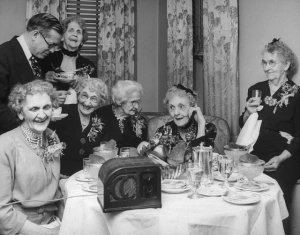



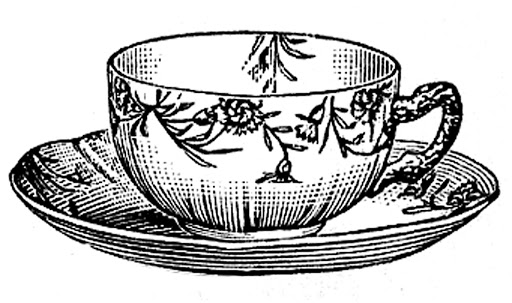


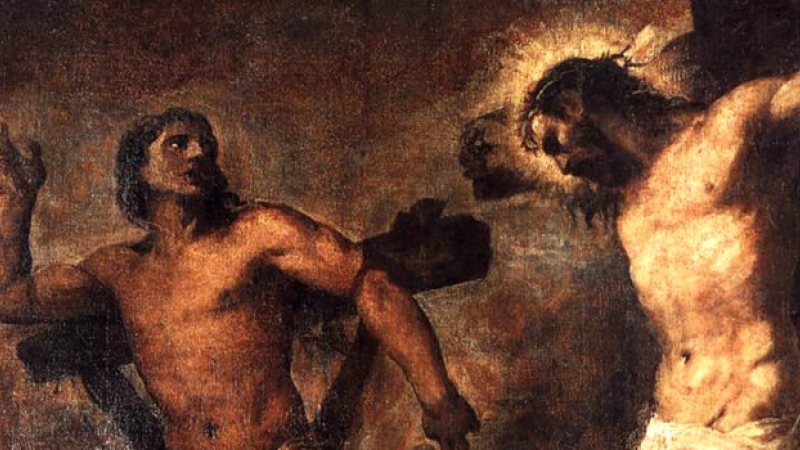

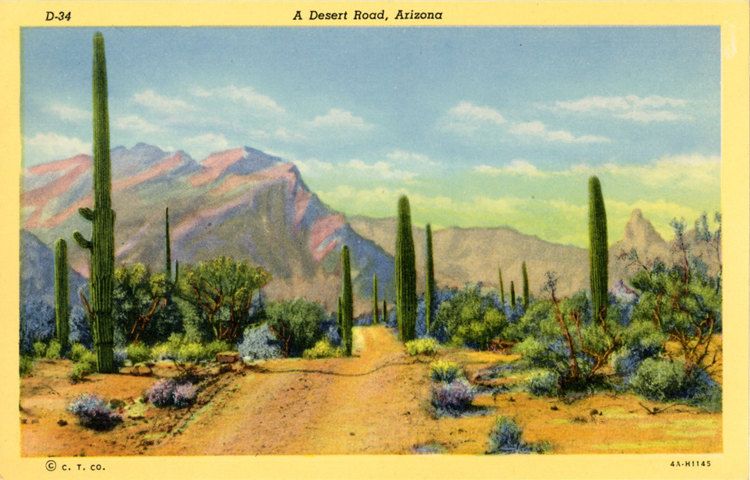

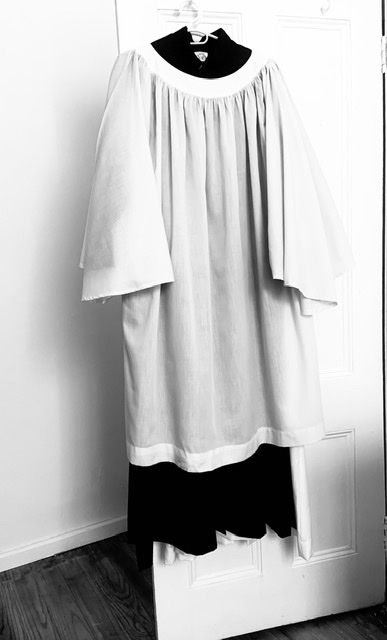
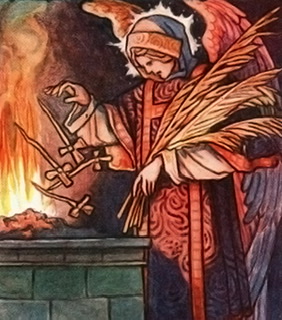

 the title of the book, and even in my bible, this chapter is titled, “Ruth’s Loyalty to Naomi”. But I think what’s most interesting about the Book of Ruth is Naomi. I’d like to offer Naomi as a model of wisdom and even as a model of Divine Love.
the title of the book, and even in my bible, this chapter is titled, “Ruth’s Loyalty to Naomi”. But I think what’s most interesting about the Book of Ruth is Naomi. I’d like to offer Naomi as a model of wisdom and even as a model of Divine Love.

